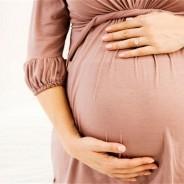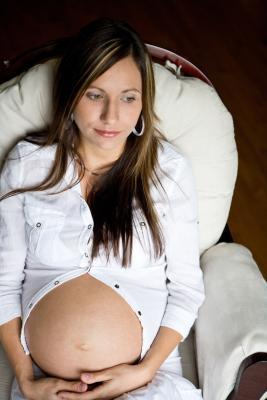
Yeast within the mouth of vagina, most often. Yeast infections are more common during pregnancy.
Yeast infections during pregnancy are more common than every other time in a woman’s life, especially throughout the second trimester of pregnancy. You may be noticing a rise in the amount of thin, white, odd smelling discharge. This really is common and a normal overuse injury in the second trimester. If you think you may be experiencing yeast infection, the following information will help you prepare to discuss the possibility with your doctor. Though candida albicans have no major negative impact on pregnancy, they are often more difficult to manage during pregnancy causing significant discomfort for you personally. Don’t waste time in seeking treatment.
Exactly what is a yeast infection?
Yeast infection occurs when the normal amounts of acid and yeast within the vagina are out of balance, that allows yeast to overgrow causing an unpleasant, but not serious, condition called candidiasis.yeast within the mouth of vagina, most often. Yeast within the mouth of vagina, most often. Yeast infections are more common during pregnancy.
If you have never been diagnosed or treated with a physician for a yeast infection and also have some of the symptoms, you should call at your physician first for accurate diagnosis and treatment.
What can cause a Yeast Infection during Pregnancy?
- Yeast infections are often caused by one of the following:
- Alternation in hormones due to pregnancy or before a menstruation cycle
- Taking hormones or oral contraceptives
- High blood sugar, such as with diabetes
- Taking steroids or antibiotics
- Douching
- Blood or semen
- Vaginal intercourse
What The signs of Yeast Infection During Pregnancy?
Signs of candidiasis can be eemely profuse, especially while pregnant. Some common symptoms receive below:
- Odorless or starchy odor, white or yellowish discharge.
- Itching and burning sensation within the genital area.
- Pain during sexual activity.
- Pain in the lower abdomen.
- Problems in urination (for example burning sensation and irritation).
Treating yeast infection during Pregnancy
Most yeast infections take 10-14 days to pay off up after treatment begins. Candida albicans during pregnancy are not as easily treated. Typical 7-day treatments might not work as effectively. Your doctor or midwife may recommend a vaginal cream and suppositories only. These may usually be found over-the-counter. Oral medications like Diflucan have yet to be proven safe for pregnant and lactating women. Monistat and Gyne-Lotrimin aren’t known to harm a fetus, increase risk for birth defects or cause any other kind of complication. Also, they may be used at any point during your pregnancy. Many doctors recommend Monistat or perhaps a similar product.
If you decide to not seek treatment for your candidiasis, you are increasing the risk of passing the problem on to your baby, via their mouth, during delivery. This is whats called ‘thrush’ and can be treated with Nystatin. Nystatin is a starch-free drying powder as well as used to prevent recurrent candida albicans.

Yeast Infection in Pregnancy
How to Prevent Yeast Infection?
There are some simple ideas to follow during the period of pregnancy, which avoid the development of the infection.
- A healthy diet while pregnant helps to prevent any infection. Acidophilus-rich food, like yogurt, helps you to maintain the natural flora from the vagina, and prevents the introduction of yeast infection.
- Limit intake of sugar and steer clear of eating foods that feed yeast, for e.g. bread.
- Avoid wearing tight or synthetic dresses. Use fabrics, that you can breathe comfortably. Use cotton undergarments.
- Don’t wear wet clothes or perhaps a wet swimsuit for a prolonged period.
- Use mild soaps and perfumes while pregnant, because harsh products can boost the irritation in the genital area.
- Keep your genital area uncovered for some time, throughout the day.
Post-pregnancy Yeast Infection
Thrush is a candidiasis which is common in newborns and develops within the first few weeks after birth. Candidiasis in infants causes white patches within the mouth and tongue. The problem can also spread to the nipples from the mother, causing pain and irritation, which creates problems in breastfeeding. Though, it’s not serious, it needs to be treated immediately for that overall health of the mother and also the baby.
Several other factors like hrt, broad-spectrum antibiotic therapy, increase in the levels of estrogen and few medications accentuate the chance of yeast infection. The time required for complete recovery in the infection can be ten to 14 days. Women with candidiasis should avoid food and medicine, which can accelerate the growth of yeast cells. A salubrious lifestyle having a well-balanced diet, low stress level and enough sleep works well for preventing pregnancy yeast infection.
